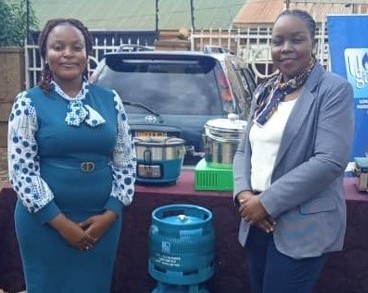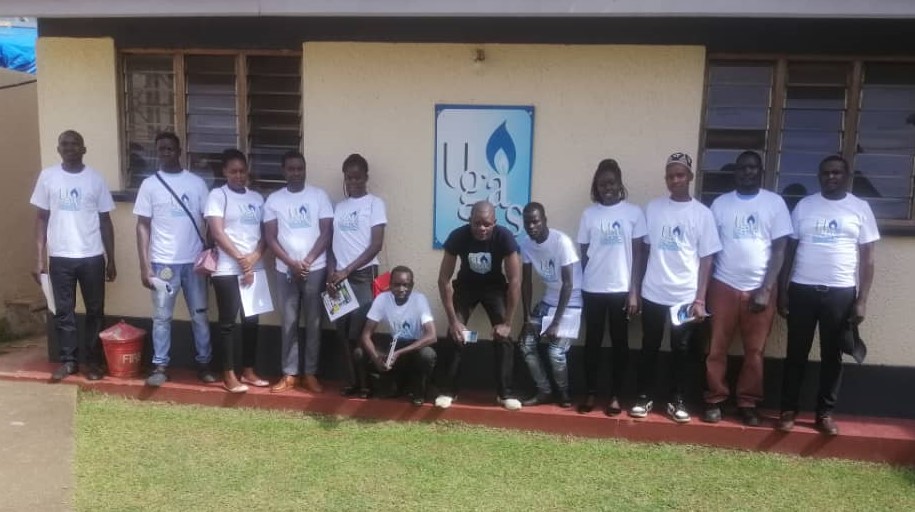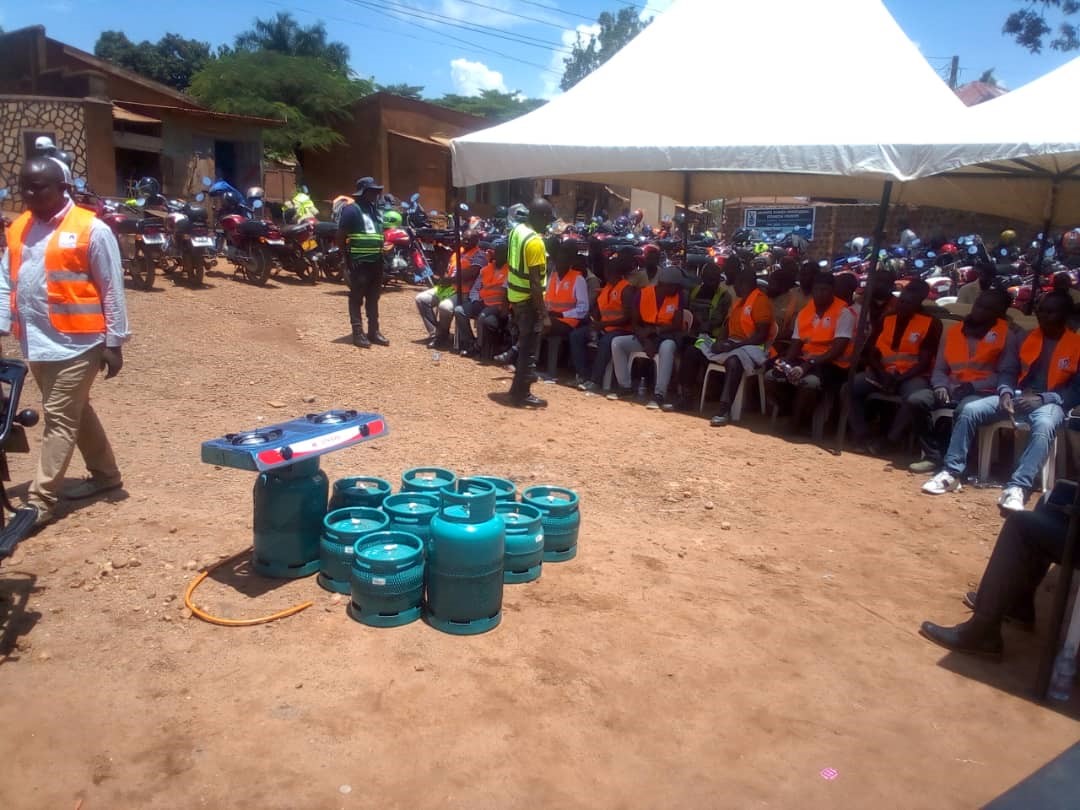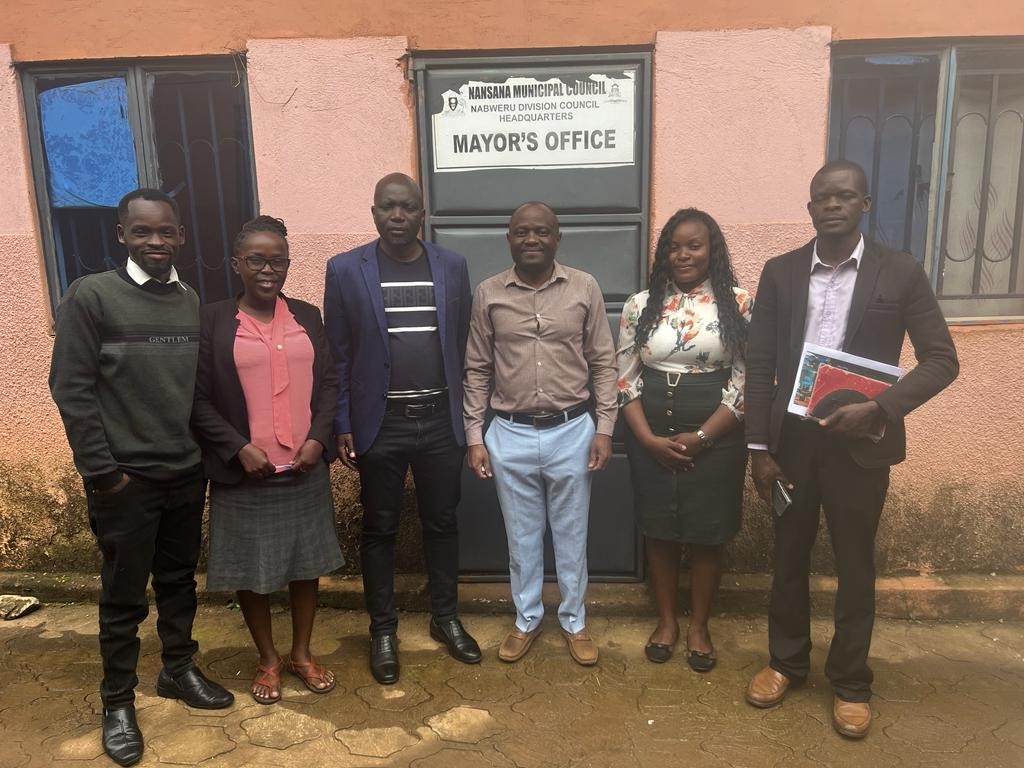NEWS
-

-
Ultimate Clean Energies signs a contract to deliver the World-Bank financed Results-based price subsidy scheme with the program implementor; Uganda Energy Credit Capitalisation Company (UECCC); a Uganda Ministry of Energy and Ministry of Finance Agency.
This was at the Naguru Skyz Protea Hotel on 1st November 2024. The program entails selling new LPG kits to beneficiary citizens at 60% of the original market price. The 40% is the reimbursed to the Energy Service Company (ESCO) implementing the scheme
Posted on : November, 2024
-

-
UGAS exhibits at the Uganda International Energy Convention organised by the Uganda Chamber of Energy and Mines (UCEM) formerly the Uganda chamber of petroleum and Mines. The high-power delegation event took place in April 2025 at the Uganda International conference centre in Serena, Kampala
Posted on : April, 2025
-
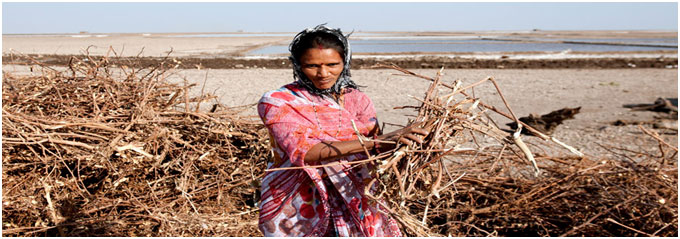
-
New Global Alliance for Clean Cookstoves (GACC) Partners - January 2016
Posted by : New partners January 22, 2016
The following partners joined the Alliance between December 17, 2015 and January 22, 2016.Implementers
Organizations directly involved in the implementation of clean cooking solutions, which may include design, manufacture, distribution, marketing, or sale of cookstoves or fuels by the private sector, NGOs, humanitarian groups, etc.
- Atif and Atif Associates
- Consolidated Processing Industries Ltd
- Enphiniti Engineering Solutions Pvt Ltd
- ESTUFAS CHISPA
- Grassroots-Yemen
- Hand in Hand Eastern Africa
- Jaan Pak Enterprises Pvt Ltd
- Learn-Grow and Help Initiative
- Luxur Global N. Ltd.
- Pheonix Udyog Pvt. Ltd.
- POWERSPOT
- Ultimate Gas Professionals Limited
- Zara Solar Ltd
Organizations that provide professional services to other clean cooking implementers, which may include research, testing, capacity building, business support, etc.
- C2 Biotechnologies, LLC
- NIYEL
- Northern Kentucky University
- Plant & AgriBiosciences Research Centre (PABC), National University of Ireland Galway
Those who support the Alliance’s mission and goals, but do not directly implement clean cooking solutions or provide professional services to implementers. This may include organizations active in related fields, investors, faith-based charities, advocacy groups, or interested individuals.
- Research Center for Eco-Environmental Sciences, Chinese Academy of Sciences
- United Social Welfare Advocates Group for Mindanao (USWAG Mindanao, Inc.) Inc.


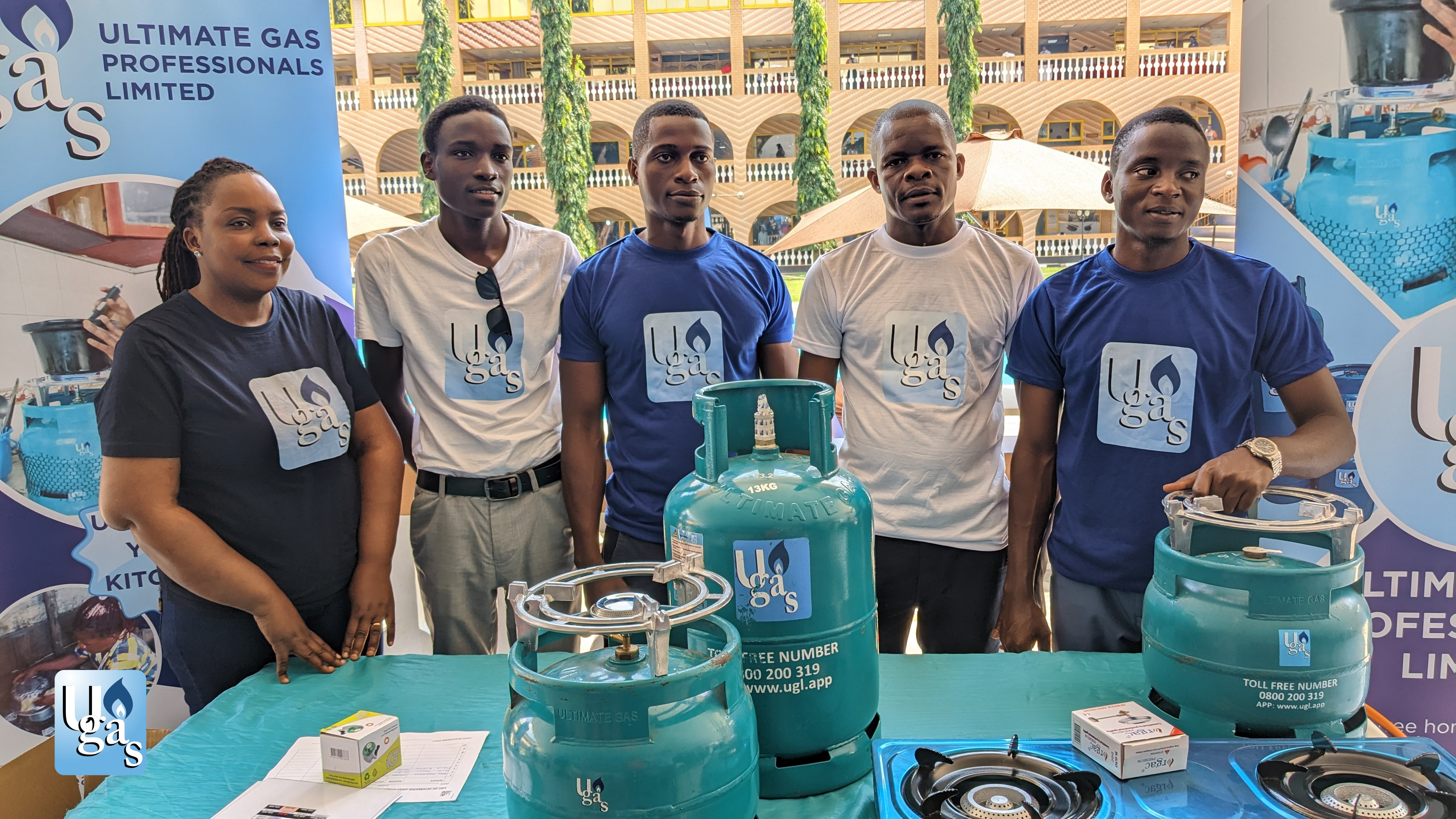
.png)
